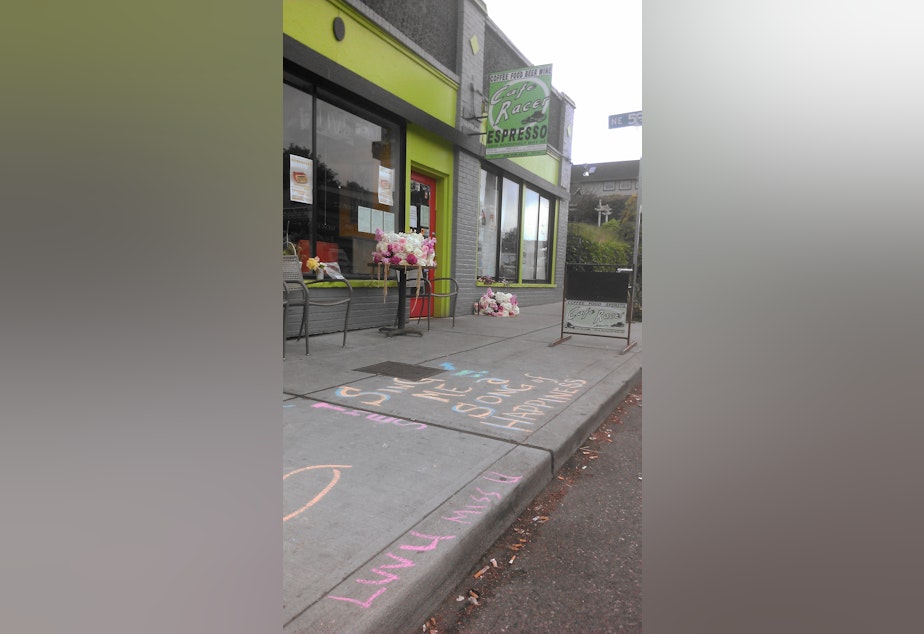Legislative Session Yields New Mental Health Bills, Advocates Say More Needs to Be Done

Seattle’s Café Racer is closed today in remembrance.
It's been a year since a gunman shot five people inside the eclectic coffee shop and bar. Drew Keriakedes, Joe Albanese , Kimberly Layfield, and Don Largen were killed. The cafe's cook, Leonard Meuse, was the lone survivor.
After the gunman fled the scene, police say he made his way downtown where he killed Gloria Leonidas and stole her car before shooting himself in West Seattle.
Questions remain about whether suspect Ian Stawicki had a mental illness. If Stawicki had a mental illness, he was not getting treatment.
The case spotlighted the need for a better mental health care system. Since the shooting, legislators in Olympia have passed a new crop of bills aimed at improving mental health care in the state.
Sen. Karen Keiser, D-Kent, said even the dozen or so related bills passed by the legislature this session are not helping the most problematic aspect of the state’s mental health system. “It really isn’t a system, it’s an arrangement of county-based approaches," she said. "Each county has their own approach and they're all different, with no standardization, no outcomes measures; and the whole approach is fraught with unfortunate outcomes.”
Without standardization, mental health advocates say, it’s easy for people to get lost in the system if they move around from place to place.
Keiser said there has been some progress. One important new bill awaiting Governor Jay Inslee’s signature would provide new suicide assessment training for school counselors, and mental health professionals. “If you provide services earlier they won’t proceed or get more complicated or dangerous, " Keiser said.
But there have also been disappointments. A bill that would have funded a public awareness and education campaign about mental health and mental illness failed.
That troubles Bill Hobson, executive director of Seattle’s Downtown Emergency Services Center. “It says to me that the state legislature is more concerned about financial problems of the state than they are about this particular subset of the population," Hobson said.
Recent court cases have highlighted that the states' capacity to house and treat people with mental illness has not kept up with the need. In the almost thirty years that Hobson’s been with DESC, the staff has only grown from 21 employees to 527.
Hobson said the failed bill could have helped to quell a growing stigma that people with a mental illness are violent or dangerous. In fact, he said, the vast majority of people living with major psychiatric illnesses are quiet and often lead productive lives.
But it is the high profile cases involving mentally ill suspects that dominate the news.
In Hobson's view, these extreme examples should be a starting point for a better system.“Public education, early intervention, an adequately funded mental health program; if we could put those three things in place, I think the number of Café Racer like incidences in the state of Washington would be dramatically reduced," said Hobson.
Hobson said he didn’t know Stawicki, but in his experience untreated mental illness can elevate a person’s risk potential of becoming violent.
The issue of violence and mental illness has driven much of the legislative efforts for gun reform. Yet despite all the publicity, a slate of bills aimed at restricting access to firearms failed, as did a bill that would have required crisis intervention training for all full-time law enforcement.

